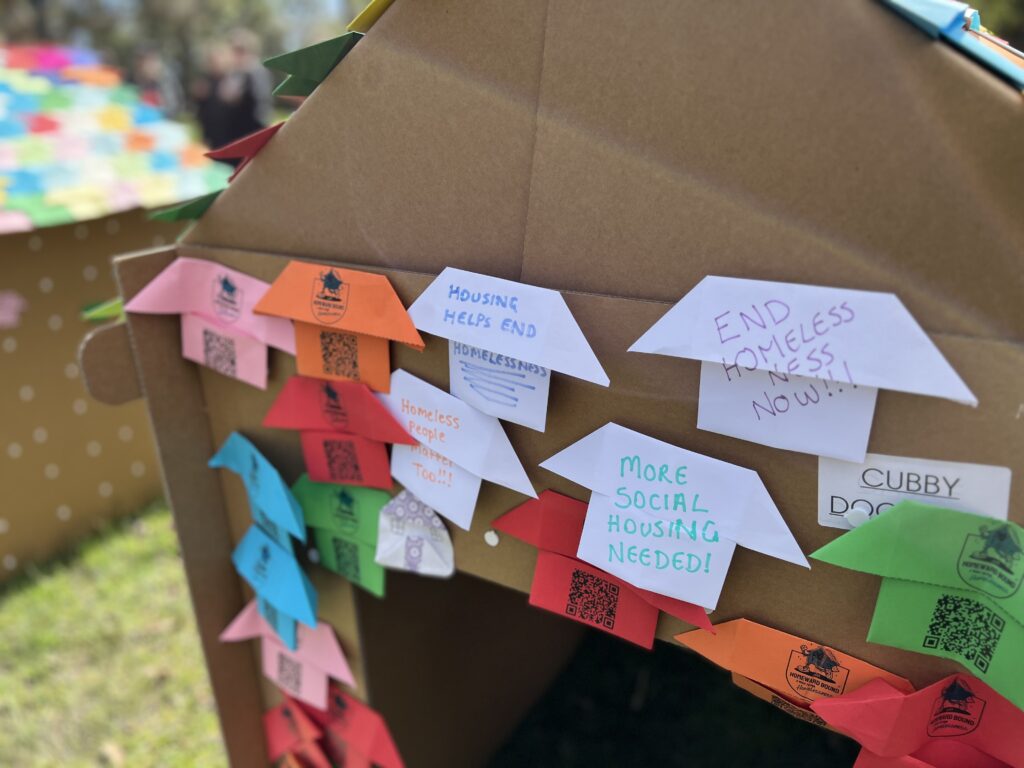As Homelessness Week comes to an end the reality remains that many Australians are facing the night with insecure or no housing. For many of these people, mental health plays a central role in their experience.
The relationship between mental health and homelessness is complex. Mental health challenges can be both a cause and consequence of homelessness. In 2025, more than thirty per cent of people who connected with specialist homelessness services reported experiencing mental health challenges.
Yet a report analysing the scale of unmet needs for psychosocial supports (outside the NDIS) identified over three hundred thousand Australians who are managing severe and persistent mental health challenges without the enough support. Thirty-one thousand of these Australian’s are at immediate risk of homelessness, and more than two thousand are stuck in hospital or other institutional settings.
Without access to safe and stable housing and good mental health and wellbeing supports needed to break the cycle of homelessness, people with mental health challenges and psychosocial disability become trapped – moving from street to emergency rooms, from hospital wards to temporary shelters, from correctional facilities to predatory boarding houses, never able to find the support and stability necessary for their own wellbeing.
The Housing First approach offers a proven framework for change. It recognises that housing is a human right that provides the foundation for wellbeing, stability, and social inclusion.
Housing First isn’t just about shelter but also about supports that help people to rebuild relationships and engage in employment, education, or community activities that bring meaning and purpose to their lives. These are often called psychosocial supports.
But despite having clear evidence of what’s needed, governments have yet to agree on a path forward for these much-needed psychosocial supports. This, coupled with a lack of social housing and the housing affordability crisis means that without urgent coordinated policy action, we will continue to see people trapped in cycles of homelessness that could be prevented.
So, as Homelessness Week draws to a close, along with our calls for government action on housing affordability and supply, we’re also calling for immediate action to fund integrated and coordinated psychosocial supports that span across our care systems to help can people out of homelessness and provide them with the support needed for them to thrive in their own lives.
